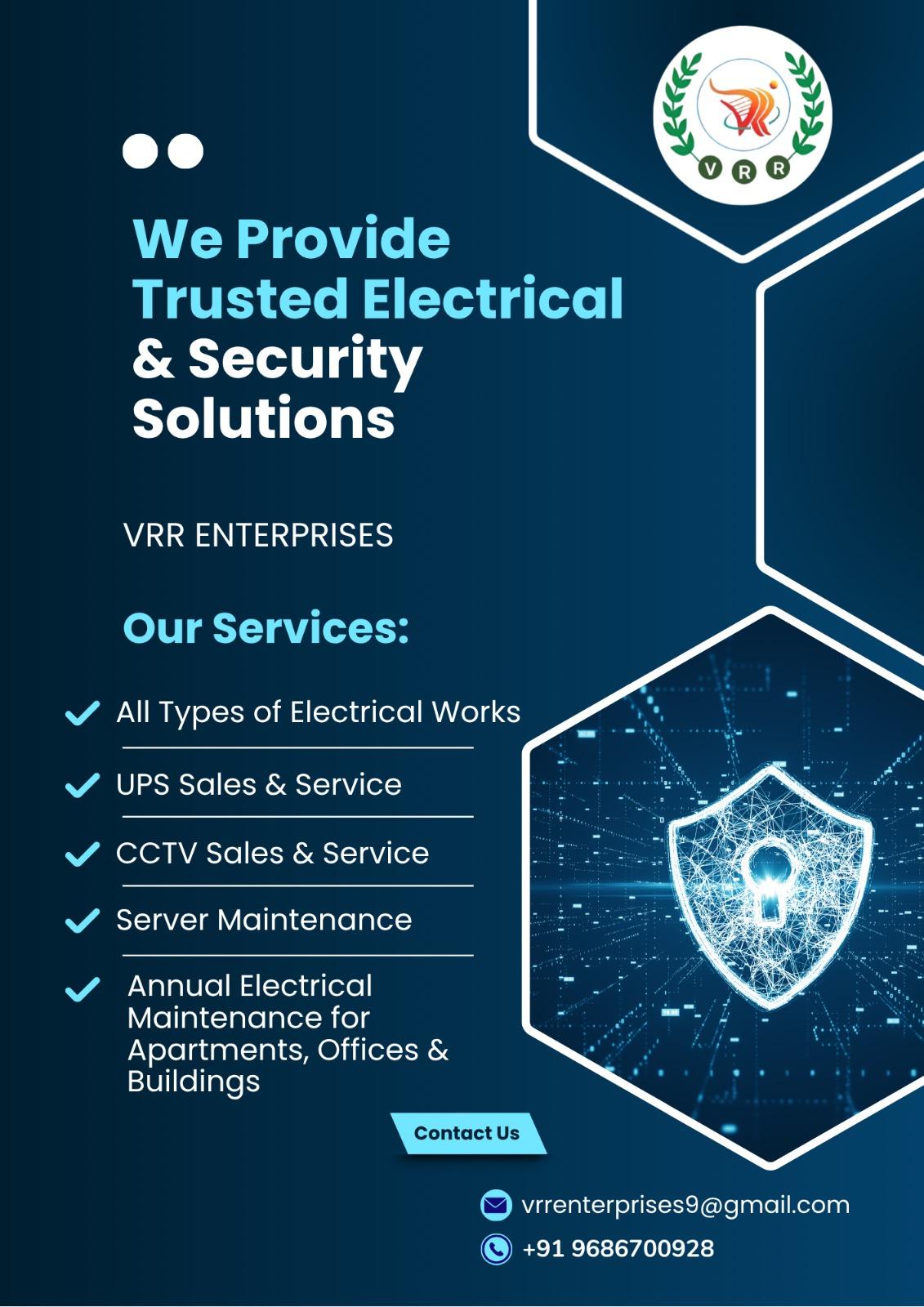Trusted Industrial Electrical Contractors for Reliable Power Infrastructure

Industrial facilities rely heavily on dependable electrical systems to operate machinery, support production processes, and maintain workplace safety. Commercial construction services From manufacturing units and processing plants to warehouses and large industrial complexes, every organization requires stable, efficient, and well-designed electrical infrastructure. This is where industrial electrical contractors play a vital role. They ensure that each component—from power distribution and control panels to wiring networks and safety systems—is installed and maintained with precision.
Industries demand higher electrical load capacity, uninterrupted power supply, and strict safety compliance. Any electrical failure can cause costly downtime, equipment damage, or safety hazards. Therefore, businesses depend on experienced contractors who understand complex industrial environments and can deliver reliable, long-lasting solutions. Skilled electrical teams bring technical expertise, advanced tools, and industry-standard practices that support the smooth functioning of heavy-duty systems and mission-critical operations.
Comprehensive Electrical Services for Industrial Facilities
Industrial electrical contractors manage a wide range of services that support both new projects and existing operations. These services typically include electrical layout design, wiring installation, transformer setup, earthing systems, control panel installation, cable tray works, lighting systems, motor connections, automation support, and energy-efficient system upgrades.
Electrical design is one of the most crucial components in industrial projects. Contractors assess load requirements, machinery specifications, operational workflows, and safety parameters to develop accurate power distribution plans. Proper design ensures that every system receives the right voltage, prevents overloads, and supports future expansion.
Installation services include routing cables, setting up MCC panels, integrating switchgear units, assembling control cabinets, and ensuring proper grounding. Each phase is carried out with strict quality checks to meet industry standards and regulatory guidelines. High-quality installation ensures reduced faults, longer system life, and greater electrical safety.
Industrial lighting solutions, Electrical installation works emergency power systems, and backup generators are also essential in large facilities. Contractors integrate efficient lighting networks, UPS systems, and generator connections to ensure uninterrupted power in critical zones. These components enhance visibility, worker safety, and production performance across the facility.
Maintenance, Testing, and Safety Compliance
Industrial electrical systems require routine inspection and preventive maintenance to avoid unexpected breakdowns. Contractors perform periodic testing, insulation checks, thermal scanning, load analysis, and fault diagnosis. Their proactive approach helps detect issues early and reduces downtime.
Testing and commissioning are equally important. Before systems are fully activated, contractors verify voltage stability, equipment compatibility, safety parameters, and operational reliability. Detailed documentation and technical reporting ensure complete transparency and compliance with industry norms.
Safety compliance forms the foundation of industrial electrical work. Contractors follow strict safety standards, use certified materials, and implement protective measures such as circuit breakers, isolators, surge protection, and proper grounding. This reduces the risk of electrical fires, shock hazards, and equipment failure.
Supporting Industrial Growth and Infrastructure Development
With industries rapidly expanding into automation, process control systems, and energy-efficient operations, the demand for skilled electrical contractors continues to grow. Their expertise ensures that facilities are designed for maximum reliability, lower energy consumption, and future-ready performance.
Industrial electrical contractors also support system upgrades, machinery relocation, retrofit projects, and energy audits. They help industries adopt new technologies such as smart panels, IoT-enabled monitoring systems, and automated electrical controls that improve productivity and operational safety.
Through strong technical knowledge, hands-on experience, and commitment to quality, industrial electrical contractors enable organizations to maintain efficient operations and achieve long-term growth. Their contributions play a crucial role in building robust industrial infrastructure capable of meeting modern demands.
- Art
- Causes
- Crafts
- Dance
- Drinks
- Film
- Fitness
- Food
- Spiele
- Gardening
- Health
- Home
- Literature
- Music
- Networking
- Other
- Party
- Religion
- Shopping
- Sports
- Theater
- Wellness
